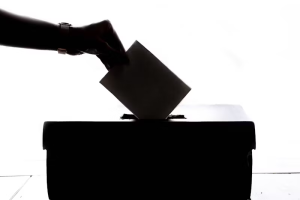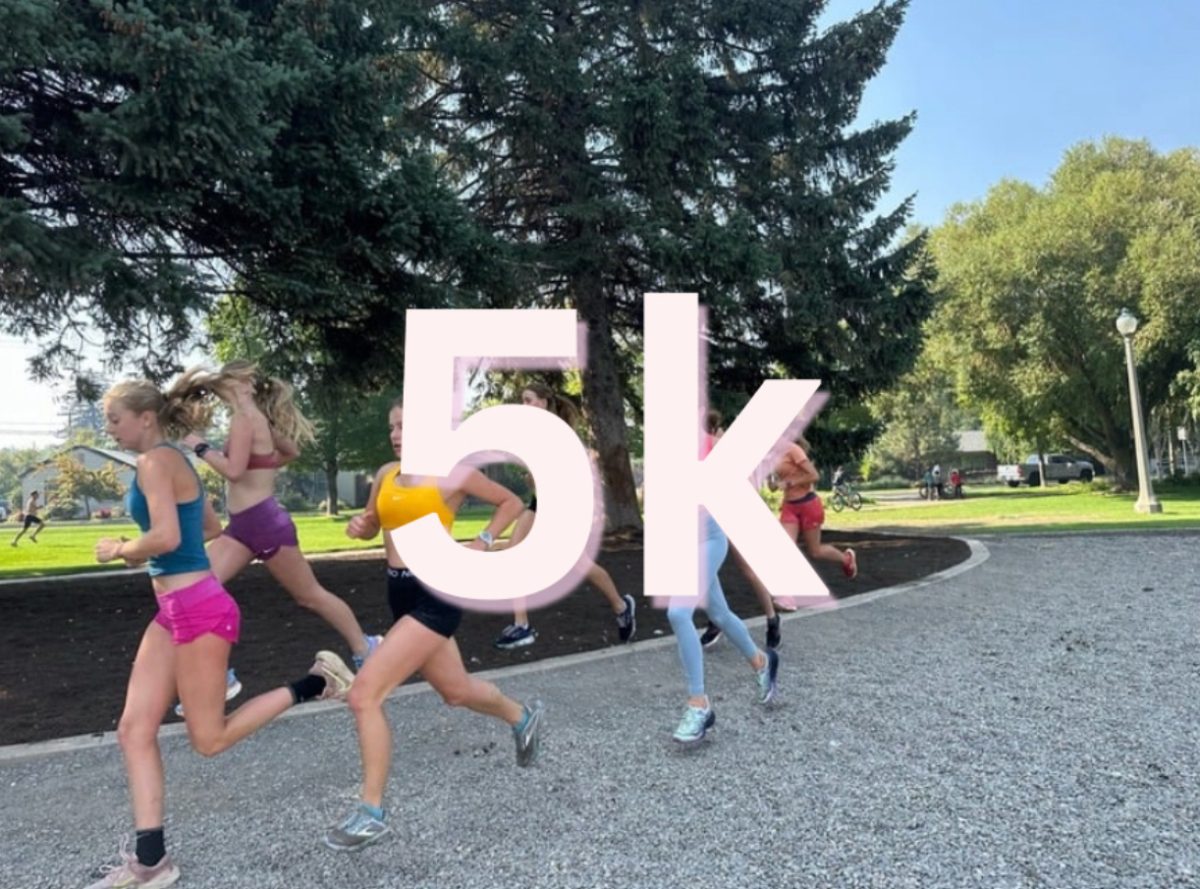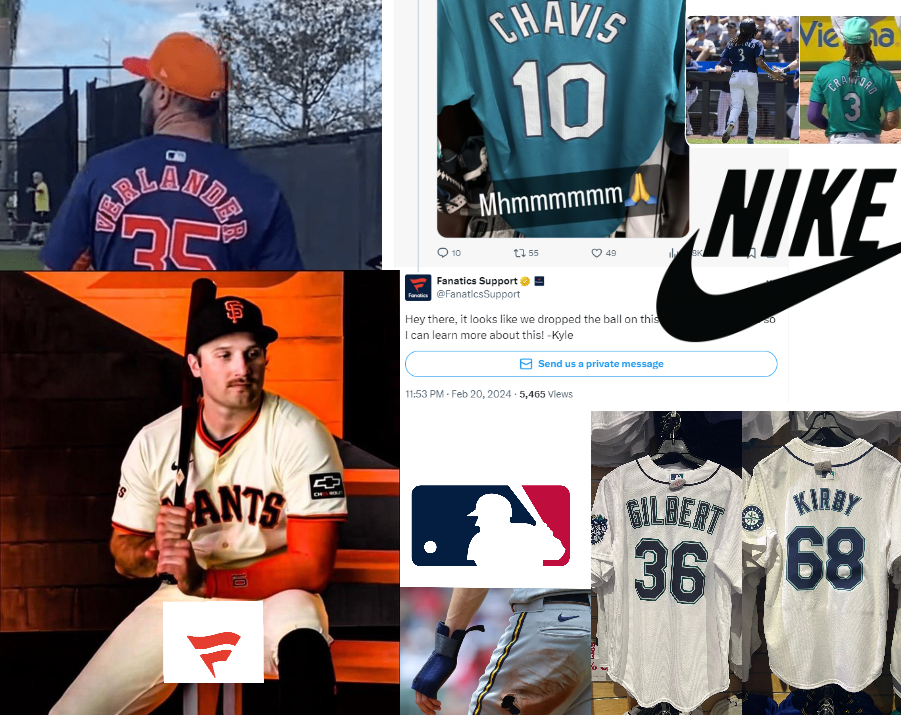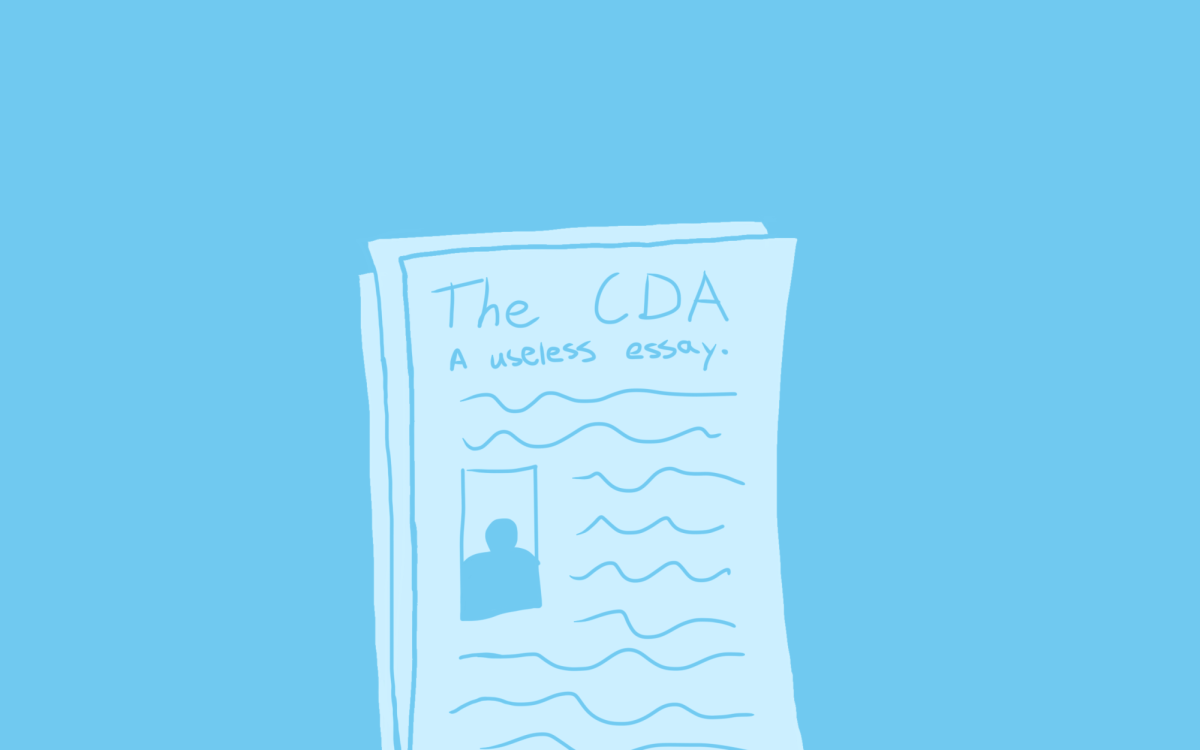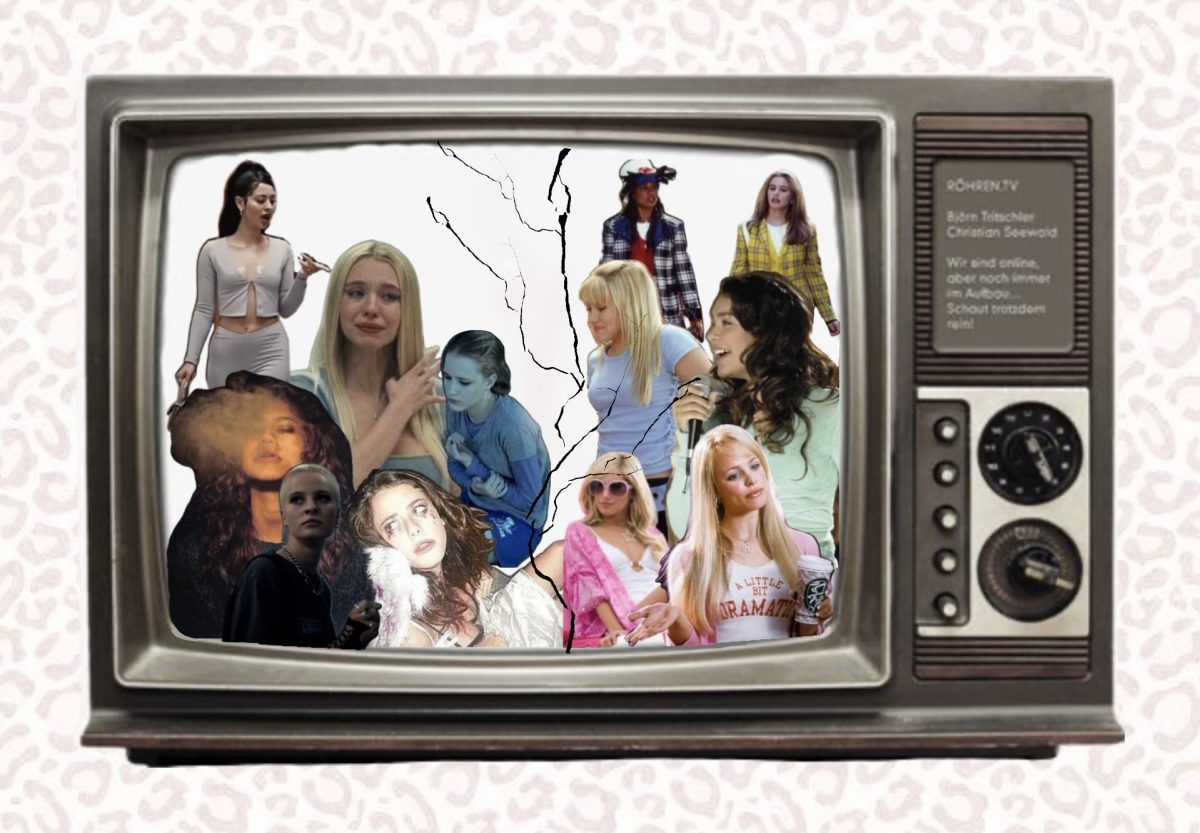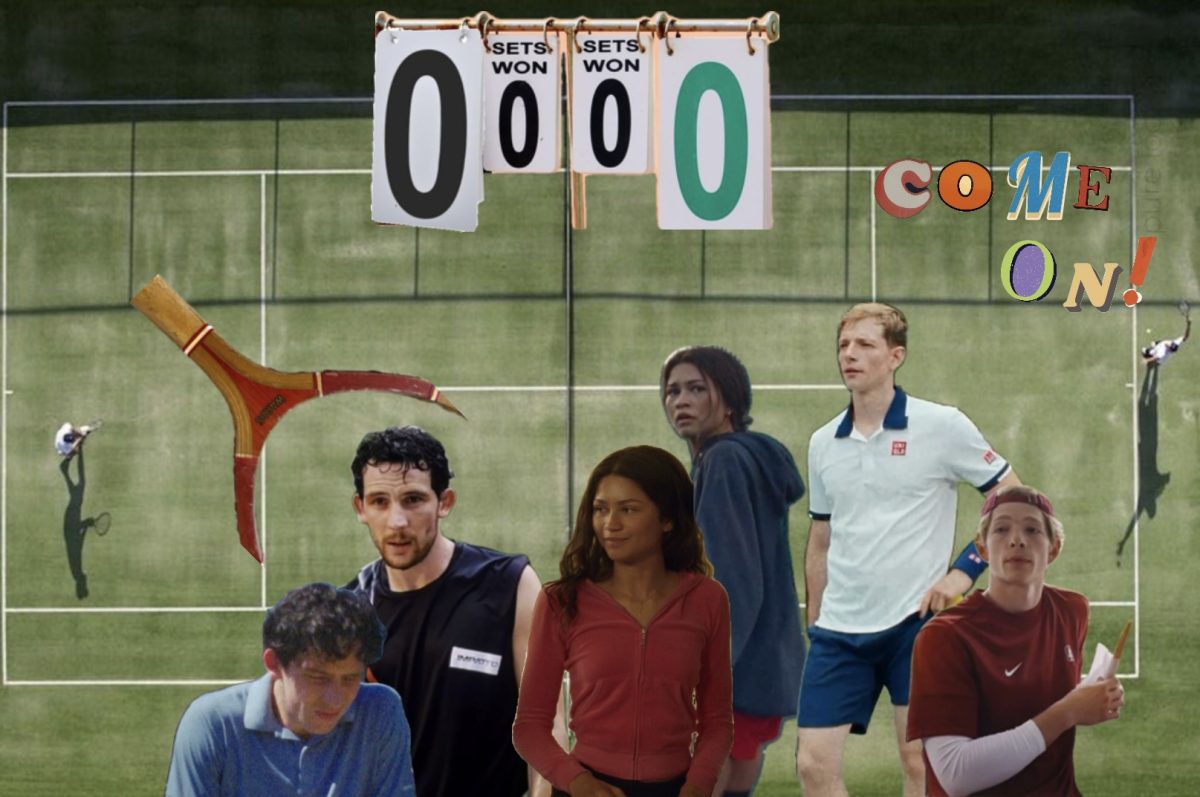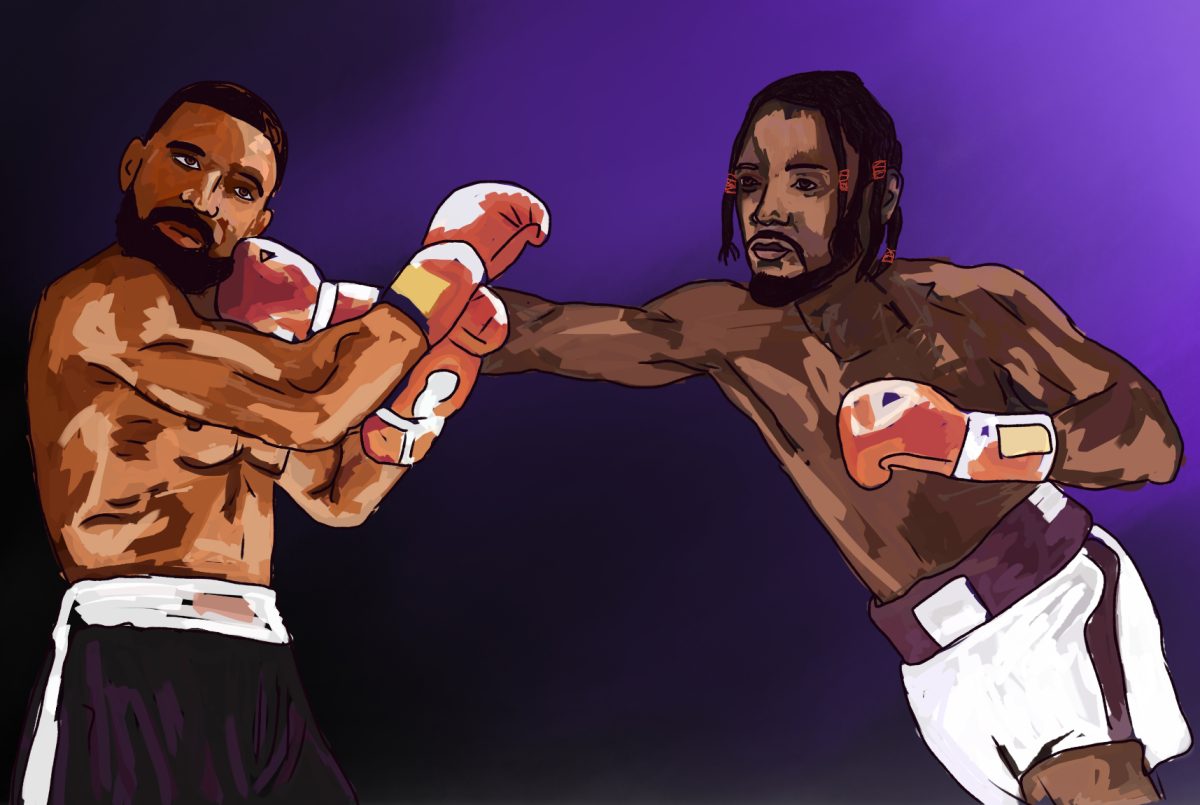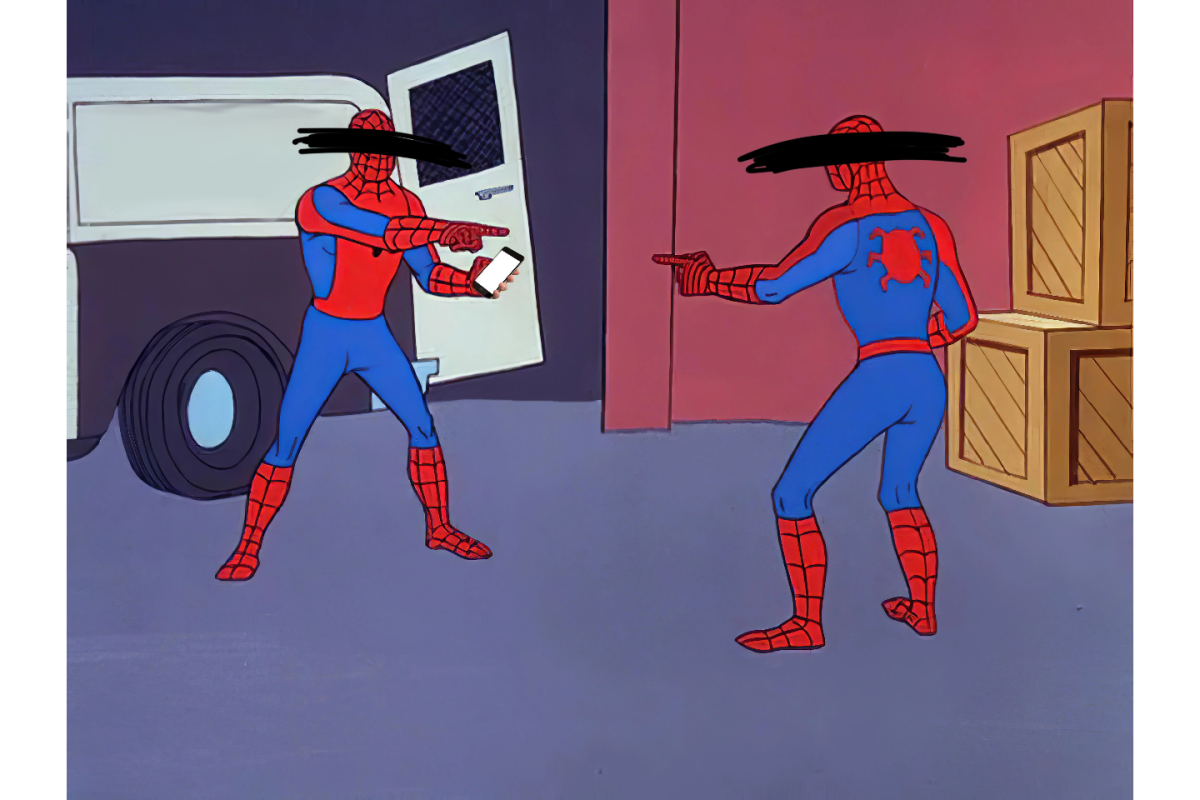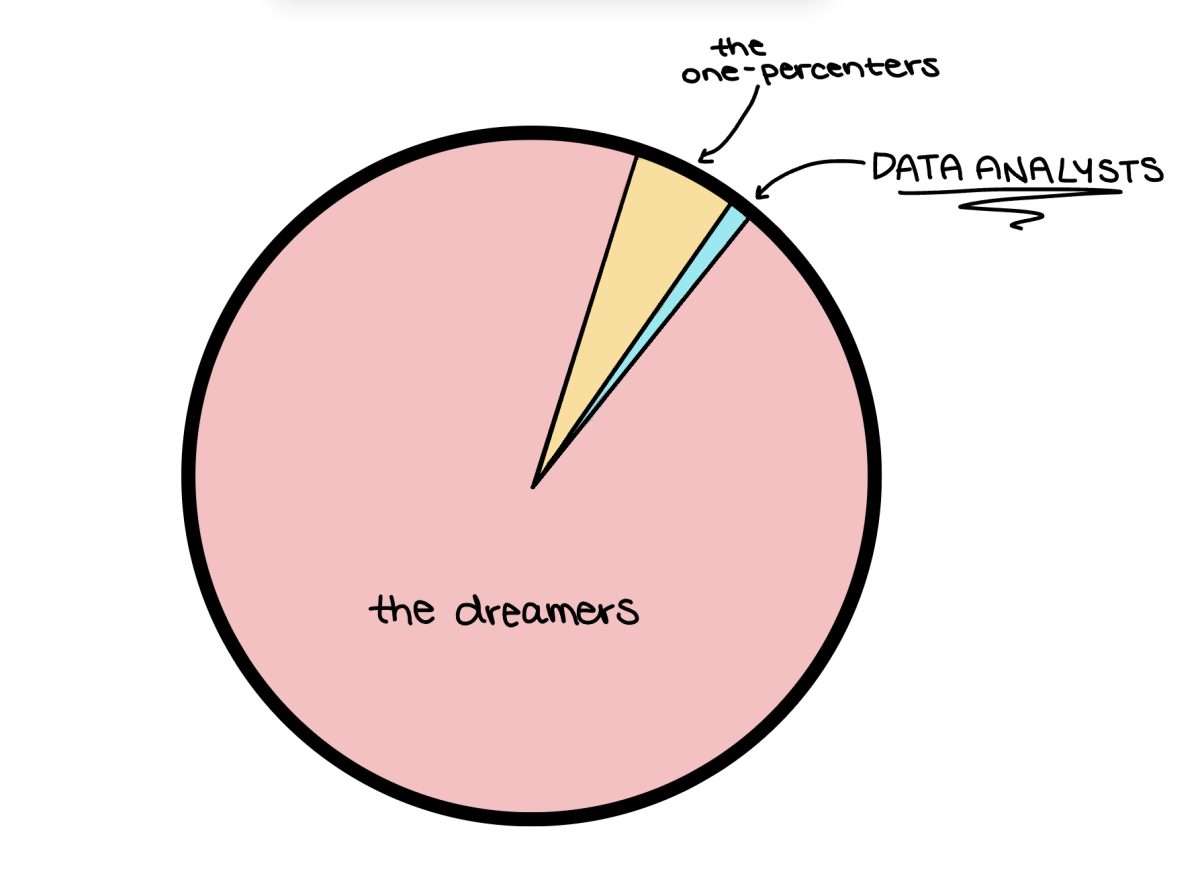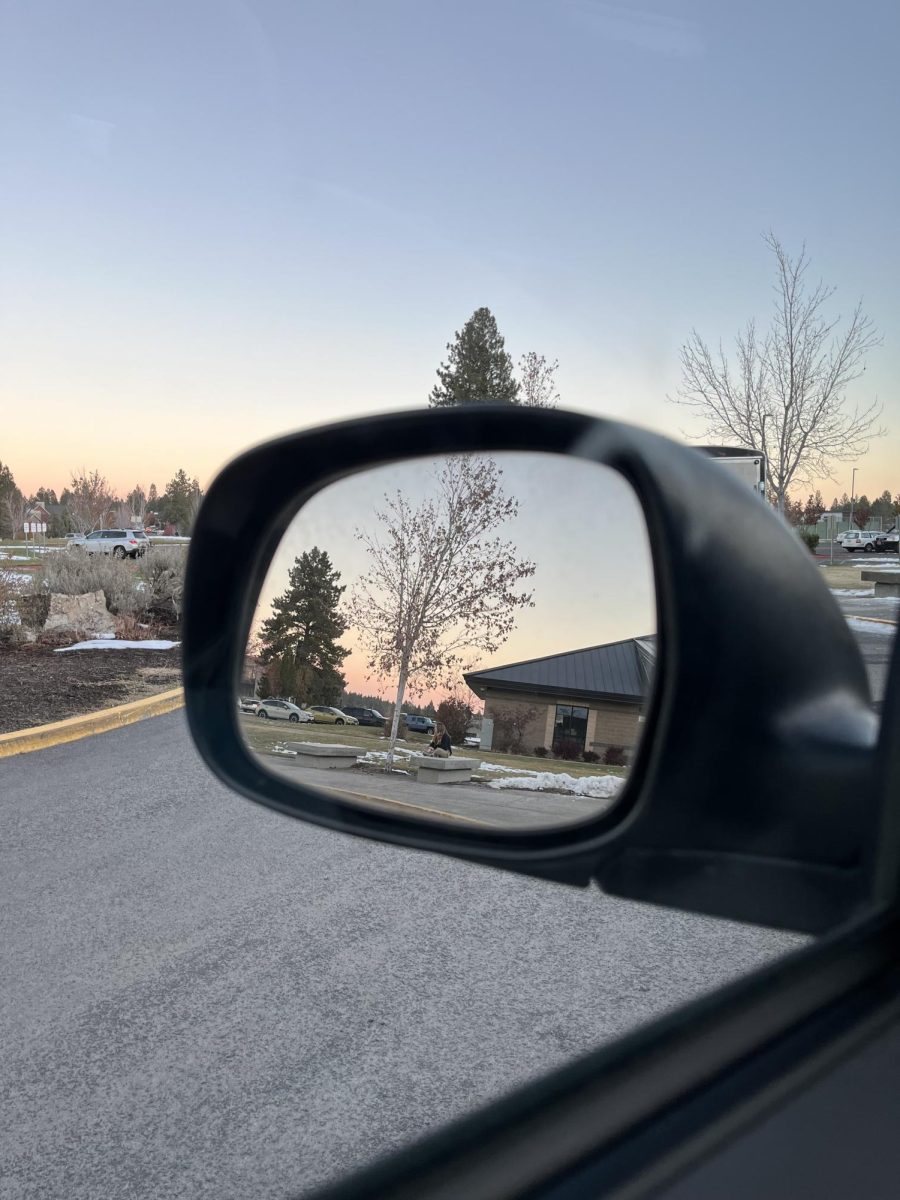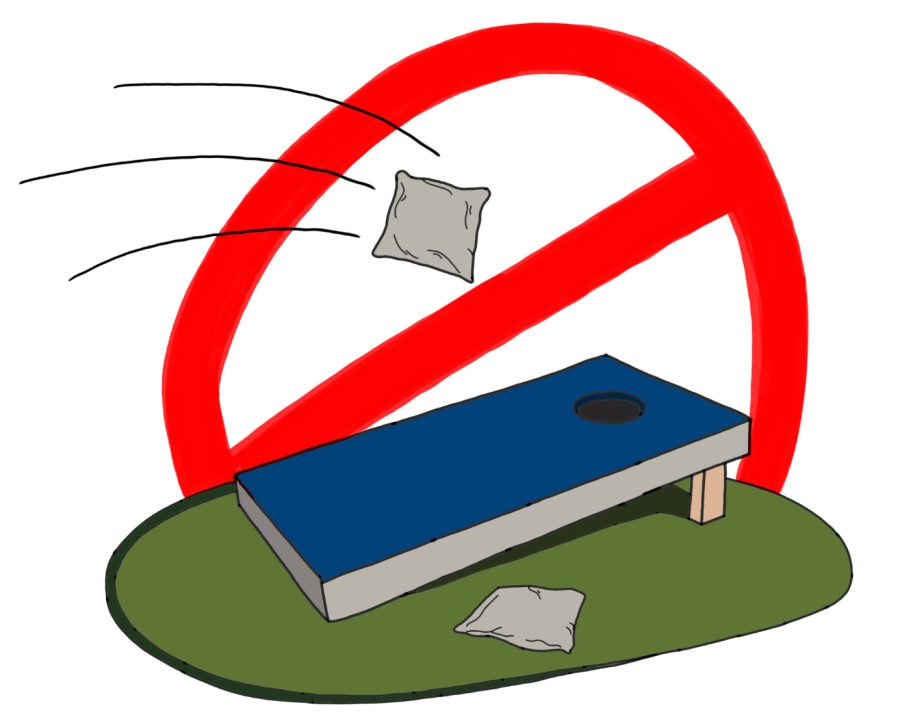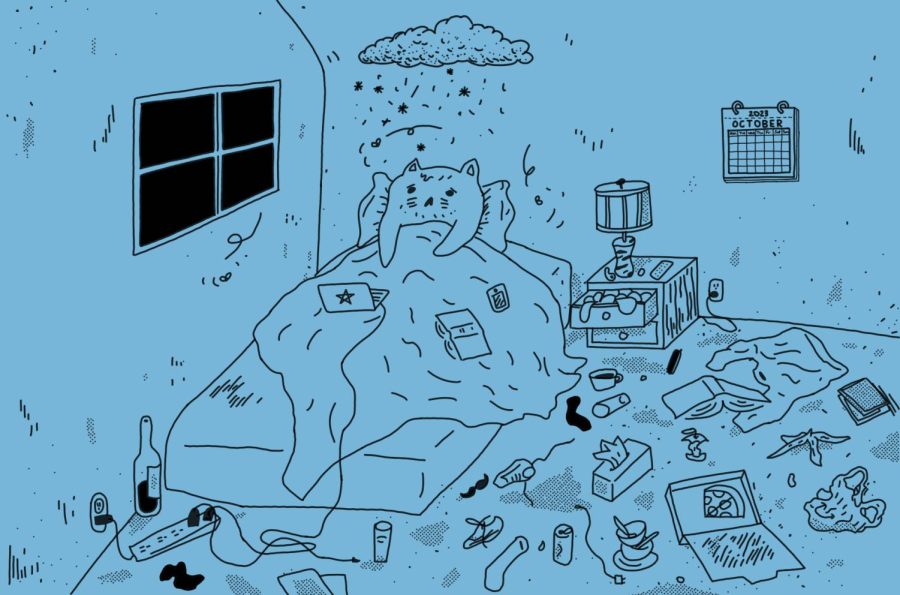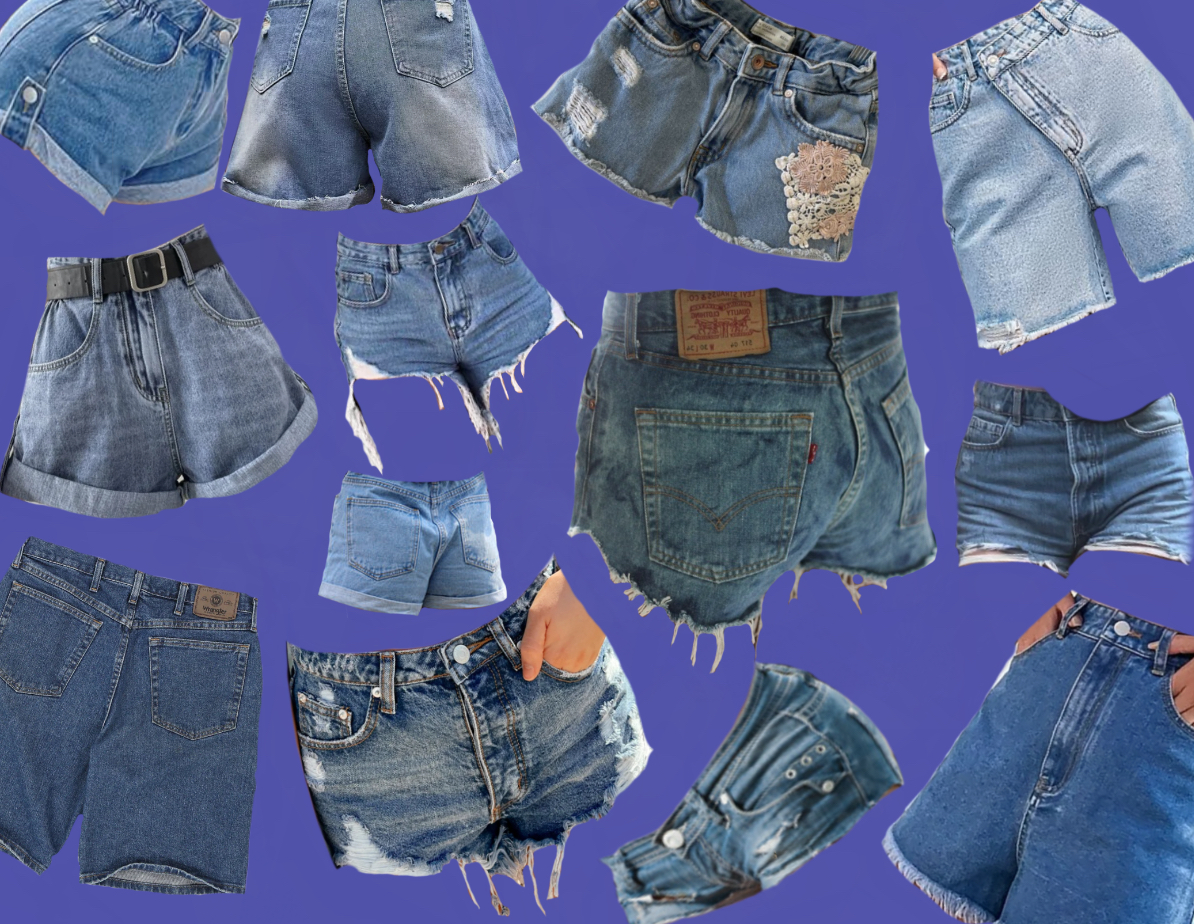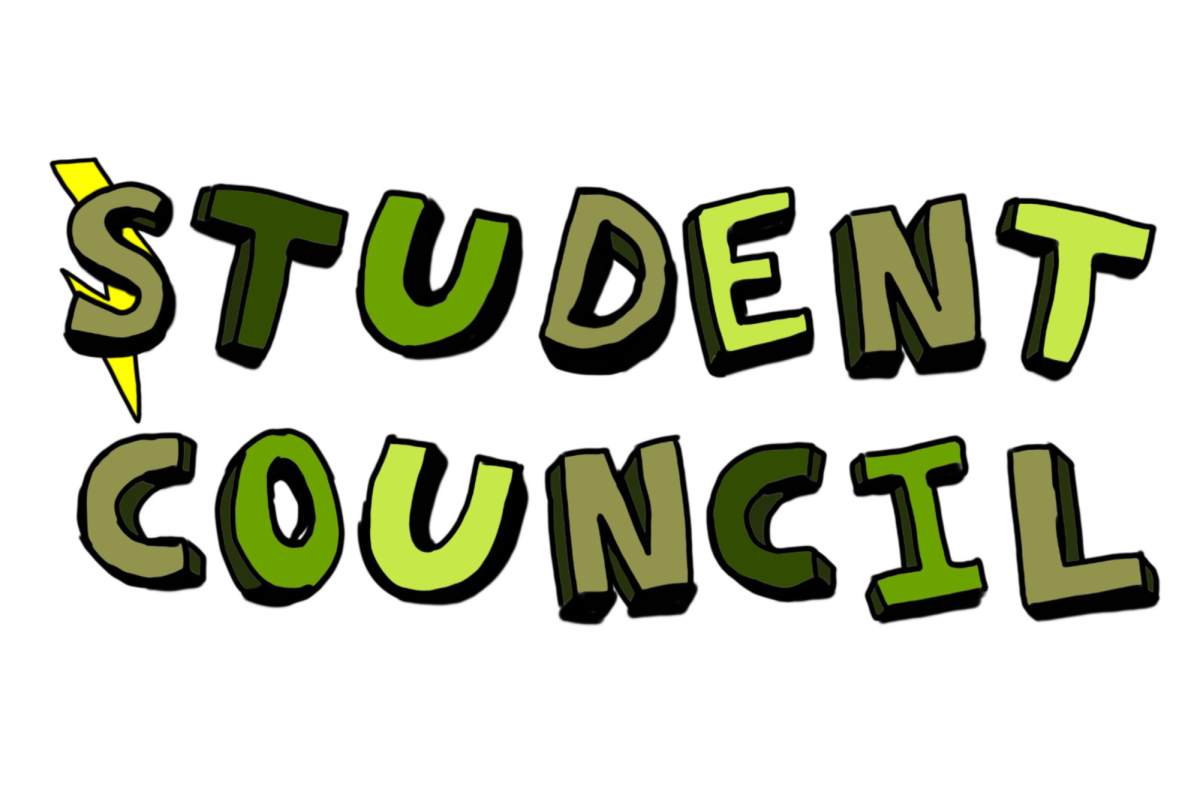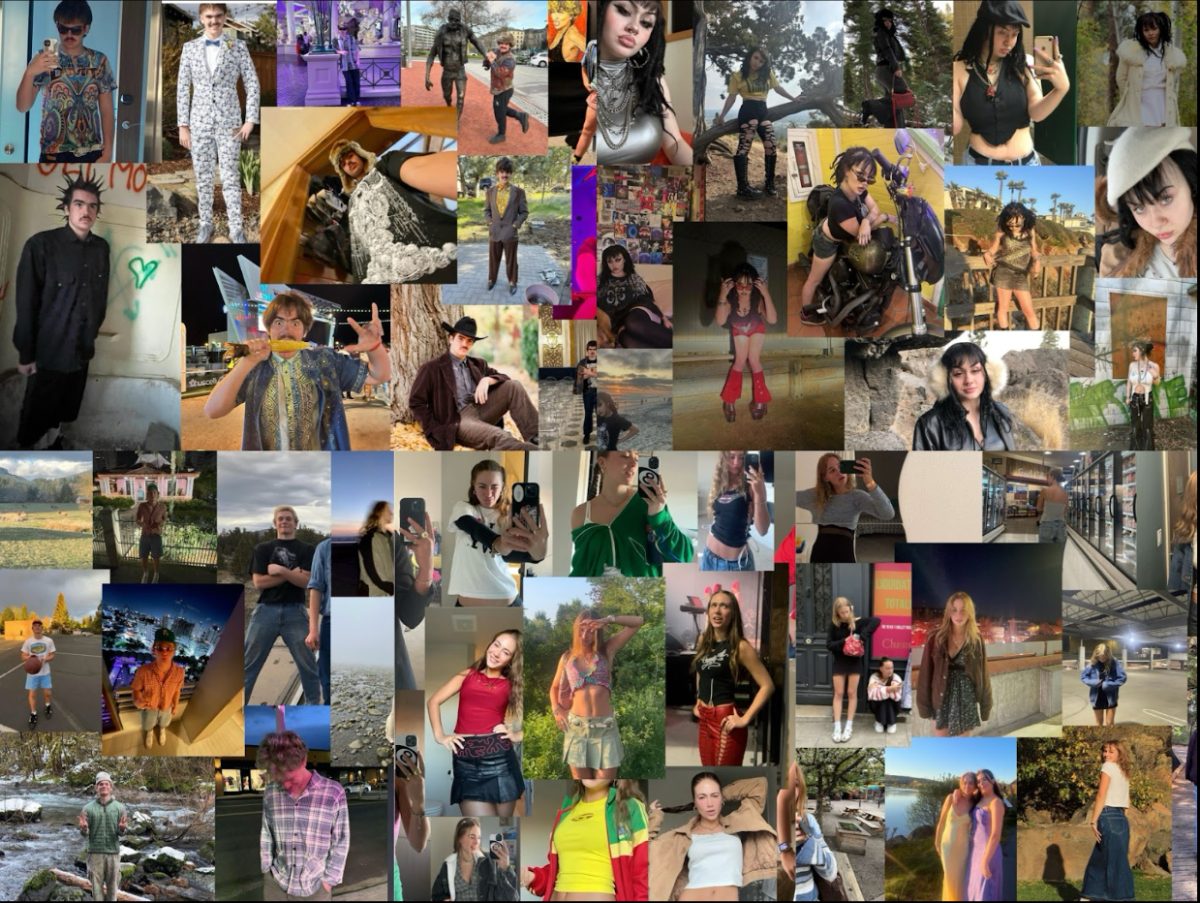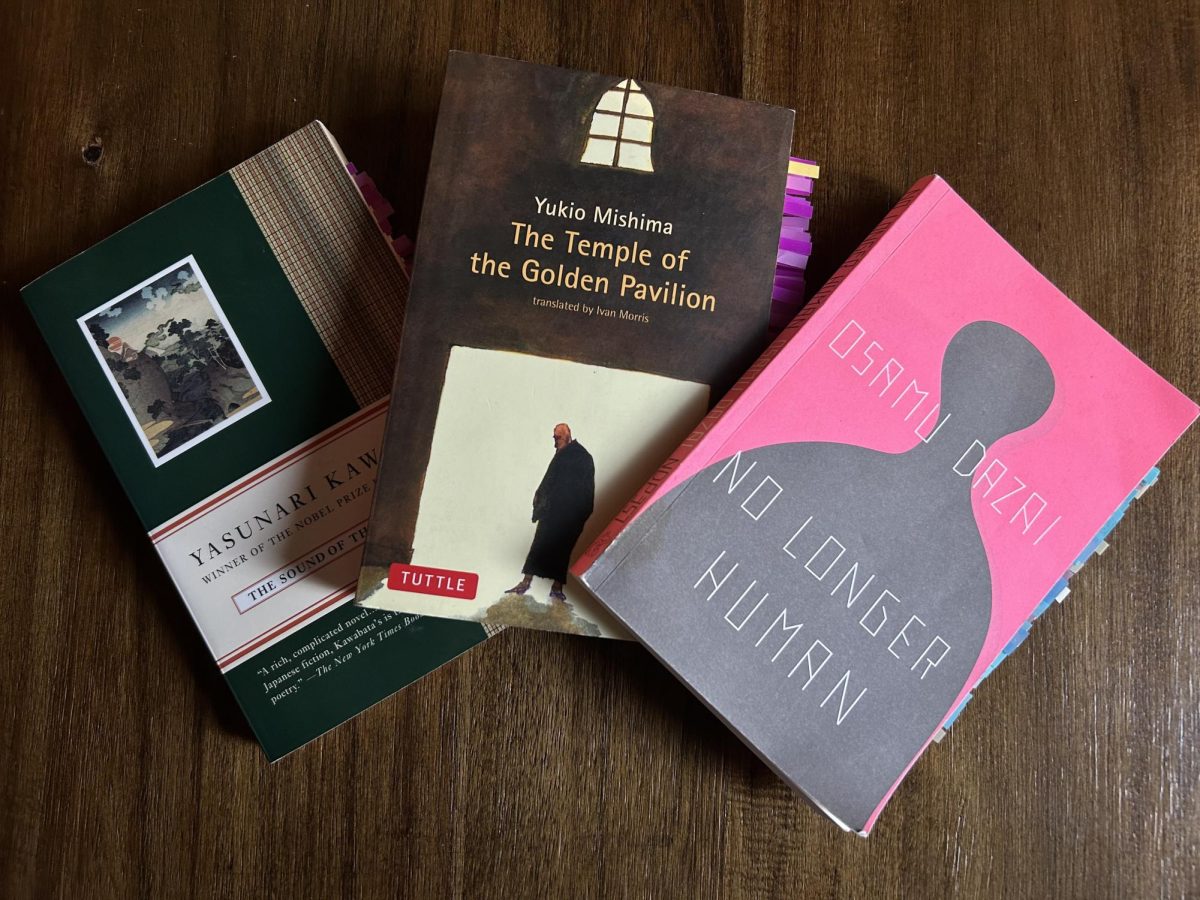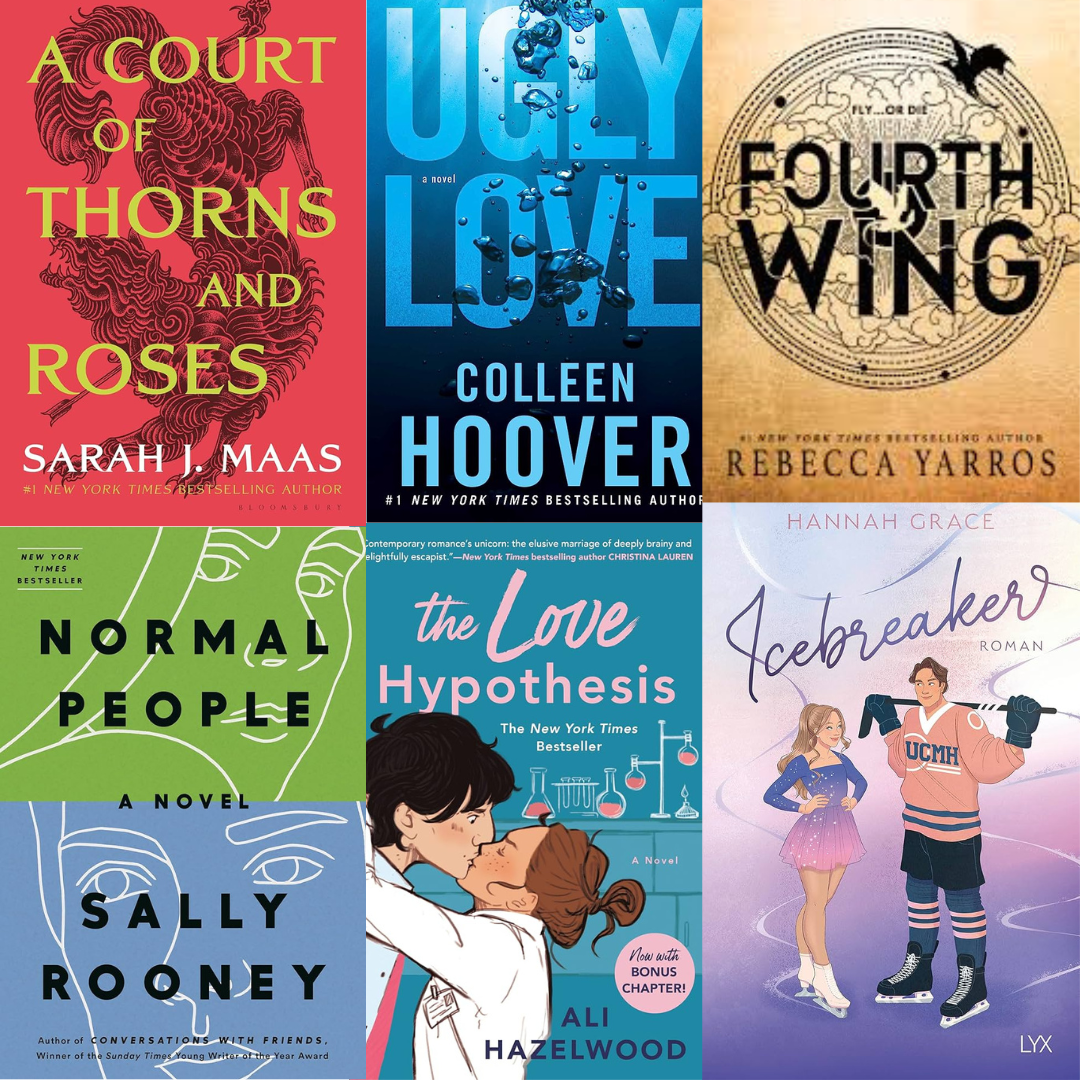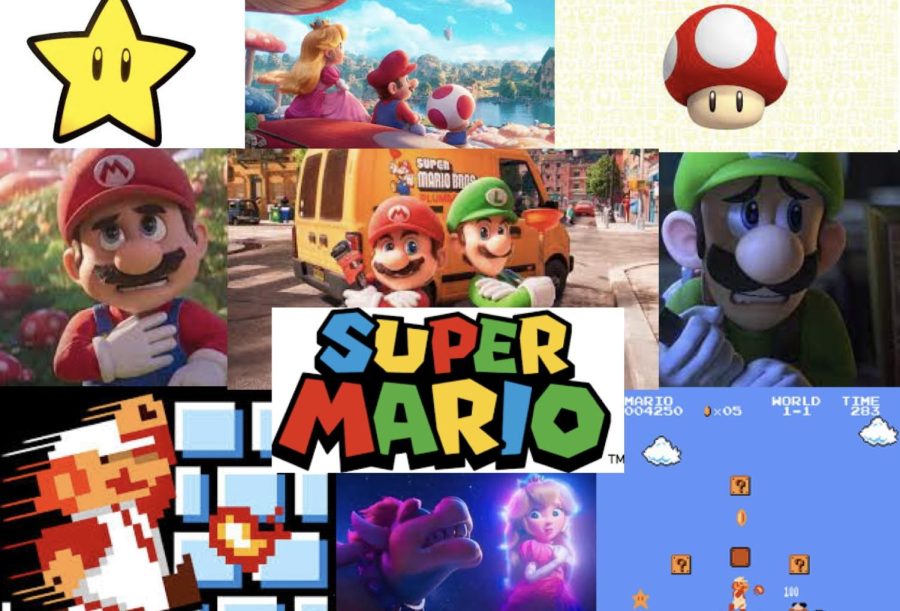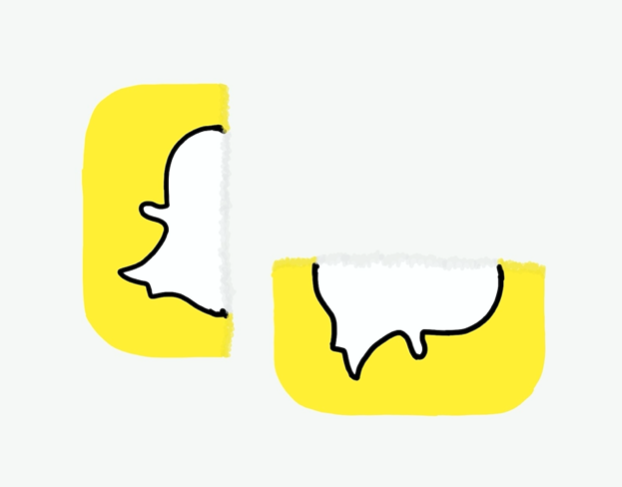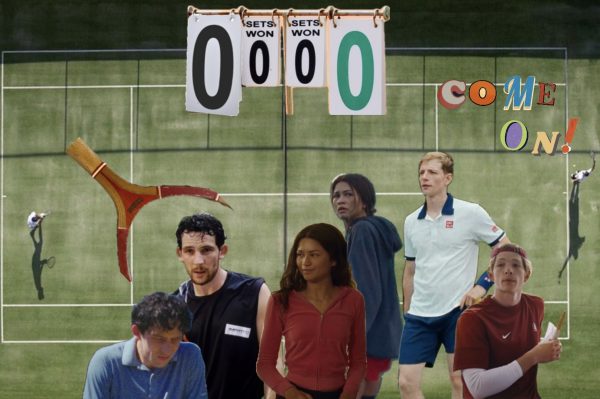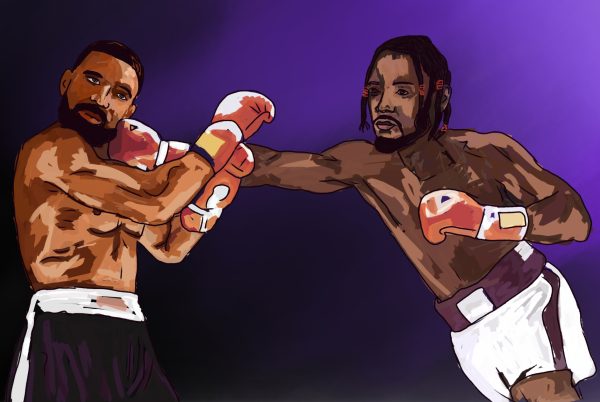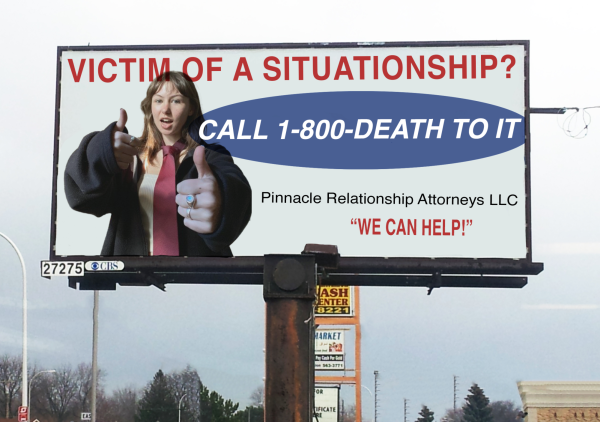Snapchat: is it Benefiting or Harming us?
March 16, 2021
Senior Chelsea Mayer wakes up and gets ready for school. As she is brushing her teeth, a wave of panic overwhelms her. Did she forget to send her streaks? She scrambles to grab her phone, frantically opening the app. The fire emoji still next to each person’s name, her conscience floods with relief as she realizes she didn’t lose any streaks.
Snapchat, commonly referred to as snap by Gen Z, has only been in their lives for a short time yet it is quite the easy distraction for most students.
“There were aspects of it like streaks, stories, magazine stories, etc. that kept you going back to the app constantly throughout the day and keeping you briefly entertained, but it was all pointless stuff to look at,” Mayer said.
Unfortunately snap is this generation’s main form of communication, meaning without the app, it is difficult to hear about plans.
“All plans are made on social media so deleting the app means you’re deleting access to those plans because no one really thinks to text, especially individually,” said senior Aidan Ramsthel. “And so people are always making plans in group chats on Snapchat, so nobody’s gonna text you outside individually.”
After having the app for a couple of years, it becomes increasingly difficult for students to delete the app mainly because of the fear of missing out (FOMO).
“I would see stories of people doing stuff in groups, even before COVID, and I wouldn’t be there so it made me feel bad about it,” Ramsthel said.
The app is almost set up as a game, the more people you snap, the higher your snap score becomes. This feature causes some people to look down on others for having too high of a score or too little of one.
“I’ve heard people talking about how if someone has a low snap score they are lame but if they have a high one then they are too obsessed with the app,” said senior Kate Stamps. “With that mindset it doesn’t seem like anyone can win.”
One aspect of the app is sending streaks, a way to keep in touch with people but not actually having a conversation with them. Though it can be nice to have that small form of keeping in touch, it can also be draining to try and talk to someone and only receive a streak picture in response.
“I do currently have streaks with people and I like them because it sort of keeps you in touch with people because you have a little bit of an incentive to ‘keep the streak going’,” Mayer said. “But at the same time I don’t like them at all because sometimes streaks are only kept purely for the sake of getting someone’s [snap score] higher and higher rather than actually talking to the person everyday.”
It can be stressful to keep streaks because feelings like being nervous of leaving someone on delivered for too long. This can cause one to think others are upset with them for not answering when in reality that person just wants to be on their phone less.
“If I happen to get a streak with someone, I do, but I’m not gonna go out of my way to keep it,” Ramsthel said.
With the main incentive of Snapchat being sending pictures back and forth, there are many filters to choose from when taking a photo. It can be fun to try the silly filters, but the ones that alter facial features can trick people into thinking they look better with a filter rather than without one.
“I noticed that when I deleted snap it took me a little while to be comfortable with my face in a picture without a filter,” said junior McKenna Schirle.
Another facet of the app is posting on one’s story. It can be nerve-racking and flustering to post a public story because of fear of being judged so some people will create a private story for a select amount of people.
“I wouldn’t say I was scared to put on my public story, I was just more embarrassed over anything else,” Schirle said. “I would think ‘oh my god this is too weird to post, I don’t need other people to see this’ so I’d just send it to a couple friends individually.”
People who’ve deleted Snapchat realized it is easier to communicate with text messages but since Gen Z uses Snapchat as their main form of communication, it feels awkward to text someone individually.
“I think [Snapchat] is more like texting than an actual text message now,” Ramsthel said. “I wish it was more normalized to use phone numbers because it’s a lot easier to communicate through phone calls. Now it’s kind of like, ‘why are you calling me’ rather than just, ‘oh hey what’s up.’”
Since deleting Snapchat, Mayer’s mental state has improved and she encourages others to think about deleting the app as well.
“I didn’t put much thought into deleting the app, I just did it,” Mayer said. “And as a result I spent more time away from my phone and social media, which I think can be good for anyone/everyone’s mental health.”




